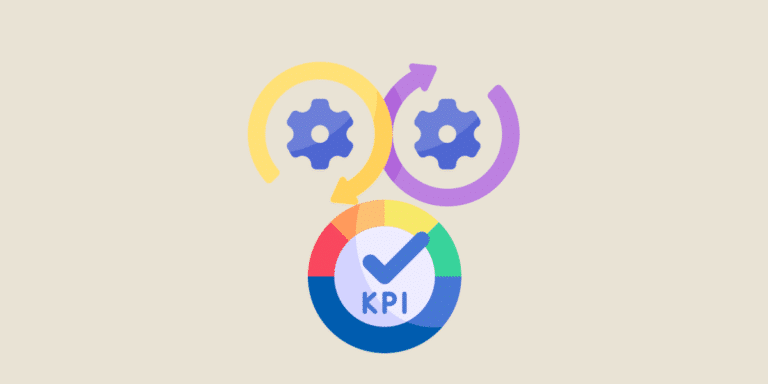By bringing about a complete cultural transformation in software development, DevOps has also changed the entire software delivery lifecycle. The aim is to deliver better software or applications, faster. But to achieve this, you need to measure the results. Hence the importance of tracking DevOps KPIs. So what are the key metrics? DataScientest tells you.
Key DevOps KPIs
1. Deployment frequency
One of the objectives of DevOps work methods is to increase the speed of production release. Logically, this means reducing deployment frequency (or delivery frequency). But in reality, reducing this frequency means that no updates, new features, software enhancements or bug fixes are implemented. This increases the risk of accumulating errors.
It is therefore preferable to multiply deployments to demonstrate agility. But only up to a certain limit. Measuring this performance indicator helps you strike just the right balance.
This DevOps KPI can be measured on a daily, weekly or monthly basis.
2. Bug frequency
As a corollary to the previous point, it’s useful to have a relatively high frequency of bug reports. Yes, the faster they are reported, the faster they can be corrected.
At the same time, you can measure the bug leakage rate. This Devops KPI can be used to analyze areas for improvement in the CI/CD cycle.
3. Deployment time
This is the time it takes to complete deployments once they have been approved. In other words, the time between production and delivery of new software or functionality.
If this time is too long, it means there are too many errors or bugs. To avoid this situation, it is essential to multiply deployments and automated tests on different environments.
This DevOps KPI enables potential errors to be detected even more quickly.
4. Deployment failure rate
The failure rate determines the number of times deployments result in outages or other problems. Whether due to downtime or connectivity problems.
As a matter of principle, when DevOps makes changes, it’s to make the development process much smoother. So, deployments may be frequent, but the failure rate should decrease as new deployments are launched.
If this DevOps KPI is high, it affects not only end-users, but also the development team. They have to invest extra time and effort in troubleshooting and bug-fixing.

5. Detection time
This is the time it takes to detect failures or problems. It highlights the effectiveness of monitoring tools and alerting practices.
This DevOps KPI is of crucial importance, both for detecting failures early and for minimizing failed deployments.
Failure detection time should decrease as the team gains experience in software development.
6. Availability
This is one of the most important DevOps KPIs for any application. Availability refers to complete or partial downtime due to troubleshooting or modification. The aim is to reduce these as much as possible, in order to improve customer satisfaction, thanks in particular to automated processes. That said, some downtime may be necessary for scheduled maintenance.
In addition to measuring the downtime of a function, this key performance indicator makes it possible to assess the success of the changes made, and to schedule the necessary maintenance time.
Other DevOps performance indicators
We’ve listed the main KPIs for DevOps. But there are others, such as:
- Application usage to measure business success;
Time to Market (TTM), to measure the effectiveness of the working methodology; - Application performance before end-users use it;
- Security test success rate to deliver robust applications;
- Cycle time for a complete view of the CI/CD process;
- Recovery time (or time to recovery) to analyze team efficiency in terms of problem resolution;
- Lead time to measure the time it takes for a change to occur;
- Mean time to repair to measure DevOps team efficiency;
- Customer ticket volume to measure user experience;
- etc.
Identify DevOps KPIs with DataScientest
Indispensable for measuring performance, DevOps metrics and KPIs need to be analyzed regularly to foster continuous improvement. But to fully understand them, it’s essential to take a comprehensive training course aimed at integrating all DevOps process issues. DataScientest makes it possible.
Through our training course, you’ll learn how to analyze these different indicators, and above all, implement the appropriate measures to improve them.











